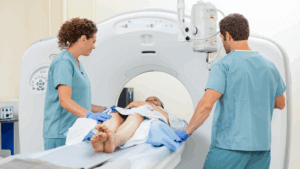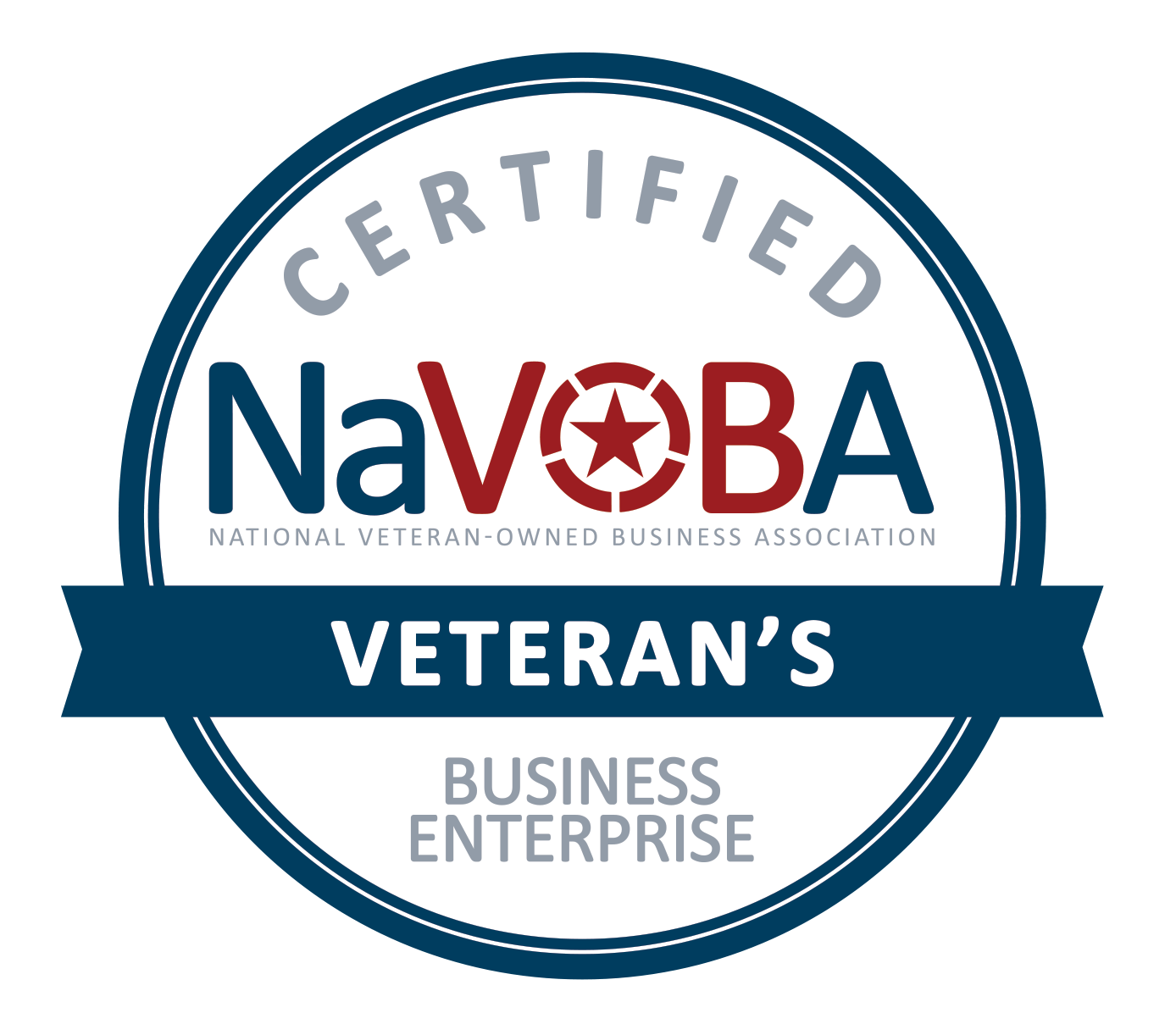Despite what most people think, there are a variety of types of traveling medical professionals. In fact, there is a growing need for all kinds of profiles in the medical field. Here at Ventura MedStaff, we have available contracts to a number of different medical professionals, including speech language pathologists.
However, many people don’t know much about this field, which is why we compiled this handy guide to how to become a speech language pathologist (SLP) and what to expect.
What Is a Speech Language Pathologist?
Speech therapists, as they are also known, are medical professionals who help determine and treat speech and language difficulties. Even though the role of a speech pathologist is often linked to schools and children of school age, speech pathologists work with patients of all walks of life and all ages.
What Education Do You Need to Become an SLP?
Being a speech language pathologist is a demanding job. Not only do they work with individuals whose language skills are impacted to a degree, but they might also work with children, who don’t understand the importance of the therapist’s work. This is one of the reasons why obtaining a degree in speech pathology is not easy.
In order to become one, you will need a college education, like you do for most medical professions. Due to the nature of the profession, it is preferable to have a bachelor’s degree in communication sciences and disorders, or a related field. However, any medical field might be enough with some additional classes – as there are prerequisite courses that you must have in order to complete your education.
Once you complete your BA, your next step is the master’s degree in speech and language pathology. This is where the bulk of the theoretical and practical knowledge of speech and language therapy will really be imparted in you. When choosing a master’s course, make sure that it is accredited by the Council on Academic Accreditation in Audiology and Speech-Language Pathology.
Licenses & Certificates
Now that you have your education, it needs to be put to good use. A clinical fellowship of one year is required for your license as a certified practitioner of speech-language pathology. Throughout your fellowship, you will be trained and mentored by a certified SA Praxis exam is your penultimate step in becoming a fully certified SLP. This exam is required in order to become eligible for the final test – Certificate of Clinical Competence in Speech-Language Pathology (CCC-SLP).
Career Options
Once all of these have been completed, you are ready to become a certified speech language pathologist and work in your field. For this point, your options are pretty widely open. You may want to work in a hospital as a SLP and establish a reputation, or you might want to open your own private practice. Working in a school might require yet another certification from the state licensure board, but if that is your passion, don’t let that stop you.
However, there is another option for speech language pathologists nowadays – work as a travel medical professional. As the need for this profile increases, short-term contracts in numerous locations and professional settings are available. It is a perfect opportunity to explore all of the options available to you and settle on the career setting that suits you the best. Or you can just enjoy the dynamic life and the travel so much that you make traveling a permanent or long-term career.
If you have a desire to explore the country and all of the areas different from where you grew up, being a traveling medical professional is an ideal way to accomplish this while also working on furthering your career. Reach out to Ventura MedStaff and you can learn more about the opportunities we offer to our speech language pathologists who decide to explore the traveling medical professional route.











